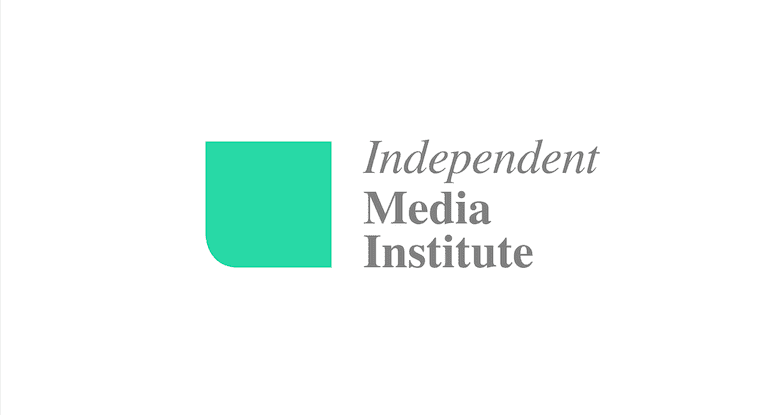No matter where you look, the global COVID-19 pandemic shows how independent media plays a vital role in a crisis. The public is looking for trustworthy sources, and a check on the corporate media. The propaganda and disinformation rage on—the crisis was largely minimized for weeks, and the right-wing media continue to spread doubt and xenophobia about it. Corporate media has done little to ask questions about the private wealth being generated by for-profit health care companies, or the many shortcomings of our public health systems. IMI’s writing fellows and dozens of partner publications have already done essential reporting. And we’ve only just begun to roll up our sleeves.
This is a public health crisis that quickly has taken over so many important elements in our society, from voting and democracy, to health care, to economic questions. IMI’s reporting educates the public and helps people with authority and responsibility to make better decisions in the public interest.
With the impact of coronavirus forecast to last beyond November and into the next presidential term, we face a series of unprecedented questions during both the nomination process and the national presidential election itself. Steven Rosenfeld has led the way in his coverage for IMI’s Voting Booth project on why the U.S. isn’t ready to switch to a national vote-by-mail system any time soon, and that critical parts of the ongoing Democratic nomination process—delegate selection—are already facing major logistical challenges.
Nancy Altman of IMI’s Economy for All project zeroed in on Donald Trump’s cynical attack on Social Security, right as the coronavirus started to take over the nation. Efforts by the right wing and corporate media to undermine our social safety net in a time of crisis must be thwarted.
Reynard Loki of Earth | Food | Life writes that the international market for critically endangered and trafficked pangolins was a likely intermediary in the initial spread of coronavirus, something that could be prevented if humanity could lessen its appetite for collecting wild animals for their appearance or perceived medical value.
Essays by Marshall Auerback and Vijay Prashad look at the international stage of affairs. Auerback pointed to the cracks in the neoliberal order revealed by the coronavirus, as global supply chains and finance become stretched and stressed. Prashad argued that U.S. sanctions on countries like Venezuela and Iran are likely to vastly increase mortality rates and suffering on their populations.
We have much more high-quality journalism in the pipeline that we look forward to sharing with the millions of readers and key decision-makers in many areas of life who rely on media and reporting like the kind we are producing to make the best of the situation and prevent the worst from happening.
And we can’t do this alone—please consider supporting our work today.
Thanks from Jan Ritch-Frel and the rest of the team at the Independent Media Institute
